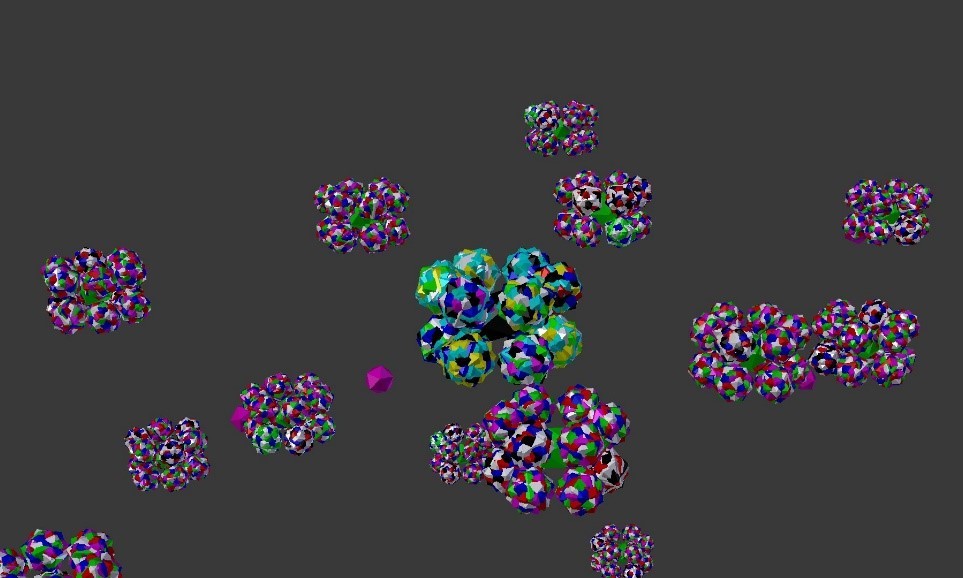November 29, 2017
Dr. Tamara Kinzer-Ursem, member of the Purdue Institute for Integrative Neuroscience (PIIN) and Assistant Professor of Biomedical Engineering, recently published a significant work in the open-source journal PLoS Computational Biology and presented related work at the annual Society for Neuroscience (SfN) conference in Washington, DC. The PLoS Comp Biol publication, entitled “Competitive Tuning: Competition’s Role in Setting the Frequency-Dependence of Ca2+-Dependent Proteins”, describes a detailed model of protein signal transduction events that are important for learning and memory. This model identifies how competitive interactions among proteins could regulate the processes by which neurons store memories. In particular, the model shows that competition can explain contradictory experimental results for memory-forming neurons. Future expansion of this model will be used to understand how protein signaling becomes dysregulated in patients suffering from neurological disorders such as autism and Alzheimer’s disease.
Matthew Pharris, graduate student in the Kinzer-Ursem laboratory presented a poster at the SfN meeting in early November. A travel award from PIIN supported Matthew’s travel to the meeting. This poster describes the results of collaboration between the Kinzer-Ursem Laboratory and groups at the Salk Institute, University of Edinburgh, and the California Institute of Technology. This collaboration has yielded what is by far the most detailed model to-date of the important learning and memory protein Calcium/calmodulin-dependent kinase II (CaMKII).
